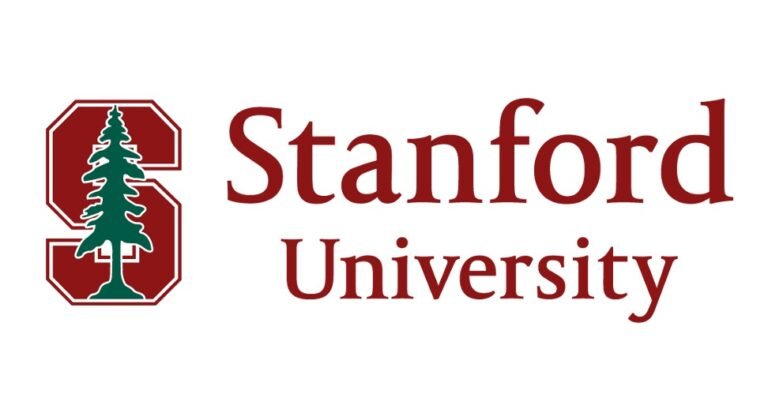We are seeking a highly skilled and motivated postdoctoral scholar to join our research team, focusing on developing advanced deep learning models to predict disease progression and patient outcomes using data from wearable technology. This position offers an exciting opportunity to be at the forefront of digital health and artificial intelligence, working in an innovative environment with access to cutting-edge research and clinical resources.
The successful candidate will design and implement novel deep learning models to analyze continuous physiological data collected from wearable devices, aiming to forecast disease trajectories and improve patient outcomes. This position involves close collaboration with interdisciplinary teams, including data scientists, clinicians, and engineers, to leverage the full potential of wearable technology in healthcare.
Key Responsibilities:
- Develop deep learning models for analyzing data from wearable devices (e.g., heart rate, activity levels, sleep patterns, etc.).
- Create predictive models for disease progression and treatment outcomes, focusing on chronic conditions and real-time monitoring.
- Integrate data from wearables with clinical information (e.g., EMR) to enhance prediction accuracy.
- Collaborate with clinicians to ensure models are clinically relevant and aligned with healthcare needs.
- Present research findings at conferences and publish in high-impact scientific journals.
- Provide mentorship to graduate students and contribute to the lab’s collaborative research environment.
- Ph.D. in Computer Science, Biomedical Engineering, Data Science, or a related field.
- Expertise in deep learning, time-series analysis, and signal processing, particularly in the context of wearable technology.
- Proficiency in Python and machine learning libraries such as TensorFlow or PyTorch.
- Experience working with physiological data from wearable devices is highly desirable.
- Strong publication record demonstrating expertise in machine learning and health data analysis.
- Excellent communication and collaboration skills, with the ability to work independently and in a team setting.
- Experience in healthcare-related machine learning applications, particularly in disease progression modeling.
- Familiarity with cloud computing platforms for processing large-scale data from wearable devices.
- Knowledge of wearable technologies and digital health solutions.
- A cover letter detailing your research experience and career goals.
- A curriculum vitae (CV) including a list of publications.
- Contact information for three references.







